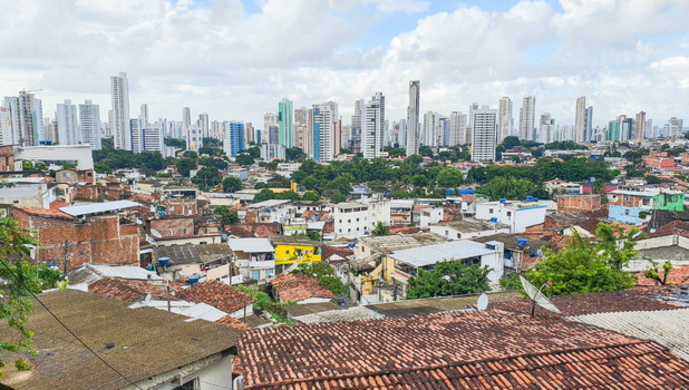After weeks of lockdowns, it is becoming clear that a policy of indiscriminate social distancing can’t last indefinitely.
While these restrictive measures proved necessary to slow down the spread of the virus and saved tens of thousands of lives, they came at high social and economic costs.
The new approach of TEST, TRACK and ISOLATE may enable us to gain some individual and collective freedom. It however requires enhanced testing capacity (very few countries to have), the willingness of citizens to embrace in great number contact tracing apps still under development as well as the individual discipline to self-isolate when requested. This will take some time and a lot of experimentation towards a new normal, which is set to be very different than the pre-Covid normalcy.
Learn more: watch the webinar by Alberto Alemanno:








